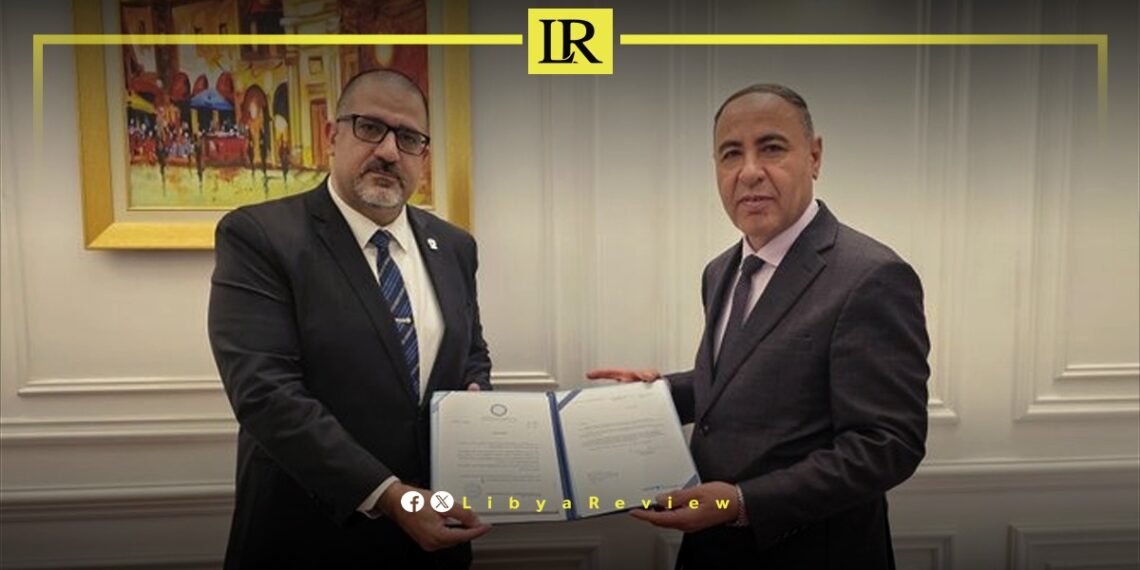UNICEF’s newly appointed representative for Libya, Mohammad Fayyazi, officially presented his credentials yesterday to Taher Al Baour, the Acting Minister of Foreign Affairs. The ceremony marks the commencement of Fayyazi’s tenure, signaling a continued partnership between UNICEF and Libya aimed at enhancing child welfare across the nation.
During their meeting, Fayyazi and Al Baour discussed both ongoing projects and future initiatives under UNICEF’s collaboration with Libya. Their conversation underscored a mutual commitment to advancing health, education, and protection for Libyan children.
Following the meeting, UNICEF Libya expressed gratitude towards the Libyan Ministry of Foreign Affairs on social media, acknowledging their support in facilitating UNICEF’s operations. The statement also highlighted UNICEF’s eagerness to implement their agreed work plans, emphasizing a joint effort to positively impact children’s lives in Libya.
Libya has been in chaos since a NATO-backed uprising toppled longtime leader Muammar Gaddafi in 2011. The county has for years been split between rival administrations.
Libya’s economy, heavily reliant on oil, has suffered due to the ongoing conflict. The instability has led to fluctuations in oil production and prices, impacting the global oil market and Libya’s economy.
The conflict has led to a significant humanitarian crisis in Libya, with thousands of people killed, and many more displaced. Migrants and refugees using Libya as a transit point to Europe have also faced dire conditions.
The planned elections for December 2021 were delayed due to disagreements over election laws and the eligibility of certain candidates. This delay has raised concerns about the feasibility of a peaceful political transition.
Despite the ceasefire, security remains a significant concern with sporadic fighting and the presence of mercenaries and foreign fighters. The unification of the military and the removal of foreign forces are crucial challenges.


